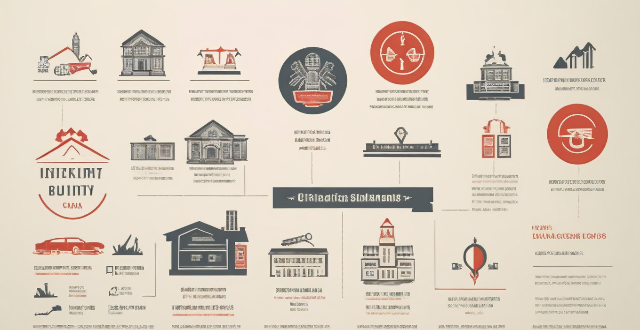Financial literacy is a crucial factor in reducing economic inequality, as it enables individuals to make informed decisions about their money and increase wealth accumulation. Improving financial literacy can lead to reduced poverty rates by empowering low-income households to make smarter financial choices. Strategies for improving financial literacy include educational programs, access to financial services, and community outreach initiatives. By implementing these strategies, we can create a more equitable society where everyone has the opportunity to achieve financial stability and prosperity.

The Role of Financial Literacy in Reducing Economic Inequality
Financial literacy is a crucial factor in reducing economic inequality. It refers to the ability to understand and manage personal finances effectively, including budgeting, saving, investing, and borrowing. By improving financial literacy, individuals can make informed decisions about their money, which can lead to increased wealth accumulation and reduced poverty rates. In this article, we will explore how financial literacy plays a significant role in reducing economic inequality.
Importance of Financial Literacy
*Improved Financial Decision Making*
Financial literacy enables individuals to make better financial decisions by providing them with the knowledge and skills needed to manage their money effectively. This includes understanding basic concepts such as interest rates, inflation, and risk management. With these skills, individuals can avoid costly mistakes like high-interest loans or overspending on credit cards.
*Increased Wealth Accumulation*
Financially literate individuals are more likely to save and invest for the future, leading to increased wealth accumulation over time. They are also better equipped to navigate complex financial products and services, allowing them to take advantage of opportunities that may not be available to those without financial knowledge.
*Reduced Poverty Rates*
Improving financial literacy among low-income households can help reduce poverty rates by empowering individuals to make smarter financial choices. This includes budgeting effectively, avoiding predatory lending practices, and building savings for emergencies or unexpected expenses.
Strategies for Improving Financial Literacy
*Educational Programs*
Governments and non-profit organizations can implement educational programs aimed at improving financial literacy among all segments of society. These programs should cover topics such as budgeting, saving, investing, and debt management. They should also be tailored to specific demographic groups, such as young adults or low-income households.
*Access to Financial Services*
Providing access to affordable financial services, such as banking and credit unions, can help improve financial literacy by giving individuals the tools they need to manage their money effectively. This includes online banking services, mobile apps, and other digital platforms that make it easier for people to track their spending and savings goals.
*Community Outreach Programs*
Community outreach programs can help raise awareness about financial literacy issues within local communities. These programs can include workshops, seminars, and events designed to educate individuals about personal finance topics. They can also provide resources and support for those who may be struggling with financial challenges.
Conclusion
In conclusion, financial literacy plays a vital role in reducing economic inequality by empowering individuals to make informed decisions about their money. By improving financial literacy through educational programs, access to financial services, and community outreach initiatives, we can create a more equitable society where everyone has the opportunity to achieve financial stability and prosperity.